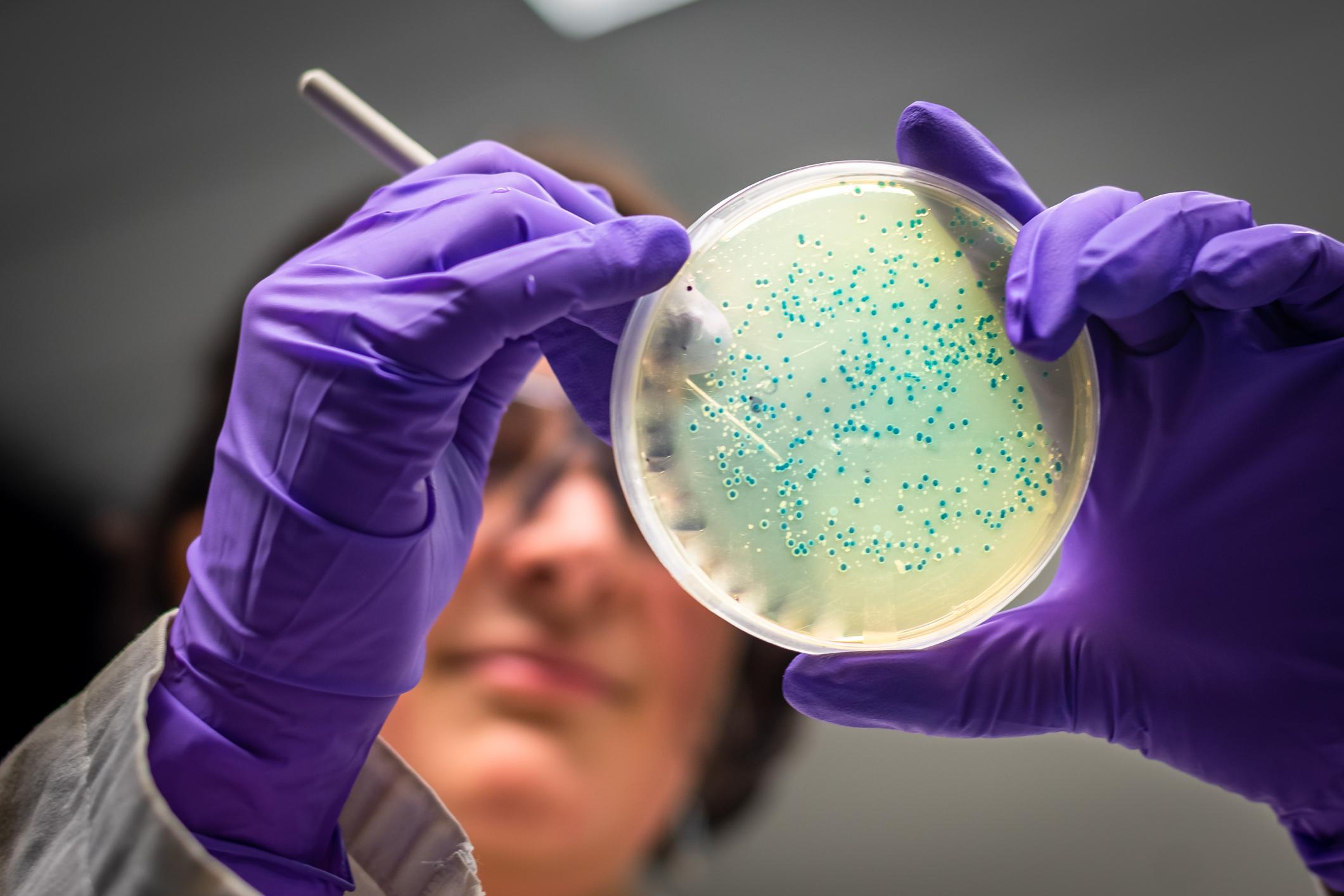Taking too many antibiotics may reduce their effectiveness in the long run. But symptomatic treatment of UTIs with nonsteroidal anti-inflammatory drugs (NSAIDs) is even more dangerous.

Urinary tract infection is one of the most common bacterial contaminations in adults. It mainly concerns women. Half of them have had a urinary tract infection in their lifetime. Antibiotics are the most common treatment. But the use of these can ultimately increase the resistance of certain bacteria such as Escherichia coli.
First controlled study in cystitis
Researchers have compared the effectiveness of usual antibiotics against nonsteroidal anti-inflammatory drugs, such as diclofenac, a very common NSAID. Their study was published this week on the BMJ website.
As a result, NSAIDs are more dangerous than antibiotics and are of no benefit. Not only do they prolong the duration of symptoms of UTI, but in addition, they increase the risk of upper urinary tract infection: pyelonephritis.
Persistent symptoms
The study was carried out in February 2012 in Switzerland. It has shown that treatments based on diclofenac, a Nonsteroidal anti-inflammatory drugs, such as ibuprofen, treated the pain and symptoms of UTI less well: Women who received NSAID treatment were 27% times more likely to have symptoms still present three days later the start of treatment.
After seven days, they still represented 12% of people treated with diclofenac. More importantly, 6 women taking anti-inflammatory drugs had a complication with pyelonephritis, compared to none in the antibiotic group.
Symptomatic treatment of UTI is clearly not a good option. But, according to the researchers, more studies have yet to be carried out to test the benefit of the combined use of a treatment of symptoms at the same time as certain antibiotics.

.















